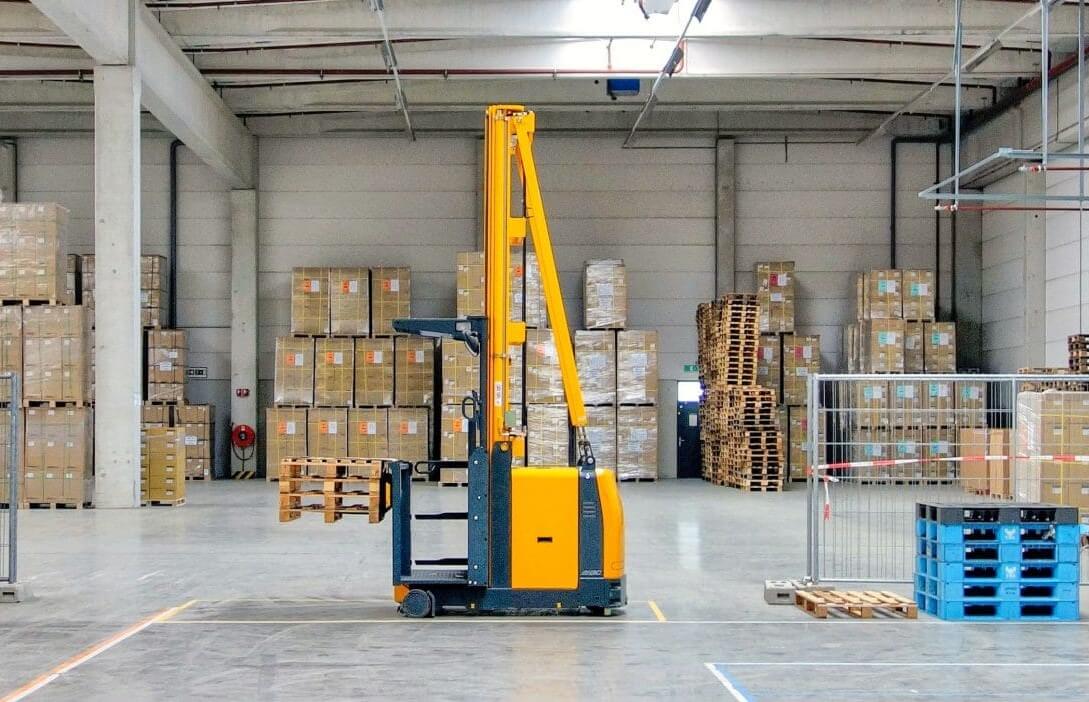
The Importance of doing a Risk Survey for Insurance
How a strategic approach to a risk survey can yield positive outcomes for you and your insurance program
Insurers often require risk surveys to be conducted for large property assets to assist them underwriting the renewal of complex Business Insurance policies or an Industrial Special Risk policy.
Some policyholders respond with trepidation to such requests. However, a risk survey will often yield benefits for all parties concerned if approached strategically.
Risk management is a vital function for any organization that wants to achieve its strategic goals and protect its reputation, assets, and stakeholders from potential threats. Risk management involves identifying, assessing, prioritizing, mitigating, and monitoring risks across different domains and levels of the organization.
One of the key tools for effective risk management is conducting risk surveys. Risk surveys are systematic and structured ways of collecting information and opinions from relevant internal and external sources about the nature, likelihood, impact, and mitigation of various risks. Risk surveys can help organizations to:
- Gain a comprehensive and holistic view of their risk profile and exposure
- Identify emerging and evolving risks that may not be captured by other methods
- Assess the effectiveness and efficiency of their existing risk controls and processes
- Benchmark their risk performance against industry standards and best practices
- Engage and communicate with their stakeholders on risk issues and expectations
- Foster a culture of risk awareness and accountability across the organization
How often is a risk survey conducted?
Risk surveys can be conducted at different frequencies, scopes, and depths depending on the objectives and needs of the organization. For example, some organizations may conduct annual or quarterly enterprise-wide risk surveys to monitor their overall risk appetite and strategy, while others may conduct more focused or ad hoc risk surveys (as advised by the insurance company or industry regulator) to address specific issues or events i.e., following a large loss.
Risk surveys are not a one-off or standalone activity. They are part of a continuous cycle of risk management that requires regular review and update. Organizations that conduct risk surveys regularly can benefit from:
- Having a more accurate and timelier picture of their risk environment
- Being more proactive and responsive to changing risk conditions
- Enhancing their risk culture and governance
- Improving their decision making and performance
What are the main areas of focus for a property risk survey?
- Construction materials comprising the assets to be insured
- Plant and equipment condition and maintenance
- Security systems
- Fire equipment and compliance
- Loss expectancy
- Occupancy and operations.
How can I use this to my advantage?
Where businesses have sound risk management procedures and are making constant improvements, surveys will support the improvements. This demonstrates risk maturity and a proactive approach to risk mitigation.
Demonstrating that you have accurately identified your risks and taken proactive steps to manage them will likely attract competition amongst insurers to provide insurance quotations. This could lead to more competitive premiums and broader cover. Conversely, a lack of third party independent risk information could lead to there being little appetite and otherwise cause underinsurance or other disclosure issues.
By utilising an independent surveyor, the report goes directly to the insurer and you, the policyholder. The report will be comprehensive and outline the information above and may be provided to the entire insurance market. Alternatively, an insurer engaged risk surveyor will produce an internal document for that insurer and you may only receive a summary of risk recommendations. Being proactive and engaging a risk expert allows you the policyholder to control the process. It is beneficial to be aware and act on risk recommendations, as insurers will dictate timeframes and implement policy restrictions until certain conditions are met.
Risk surveys are a powerful tool for risk management that can help organizations to achieve their strategic goals while managing their uncertainties. By conducting risk surveys effectively, organizations can gain valuable insights into their risks and opportunities and take action to create value and resilience hence insurers usually recommend 3-5 years periodic risk surveys or ad hoc risk surveys especially following a large loss or when the risk has significantly changed.


